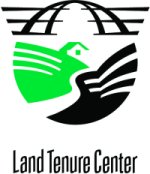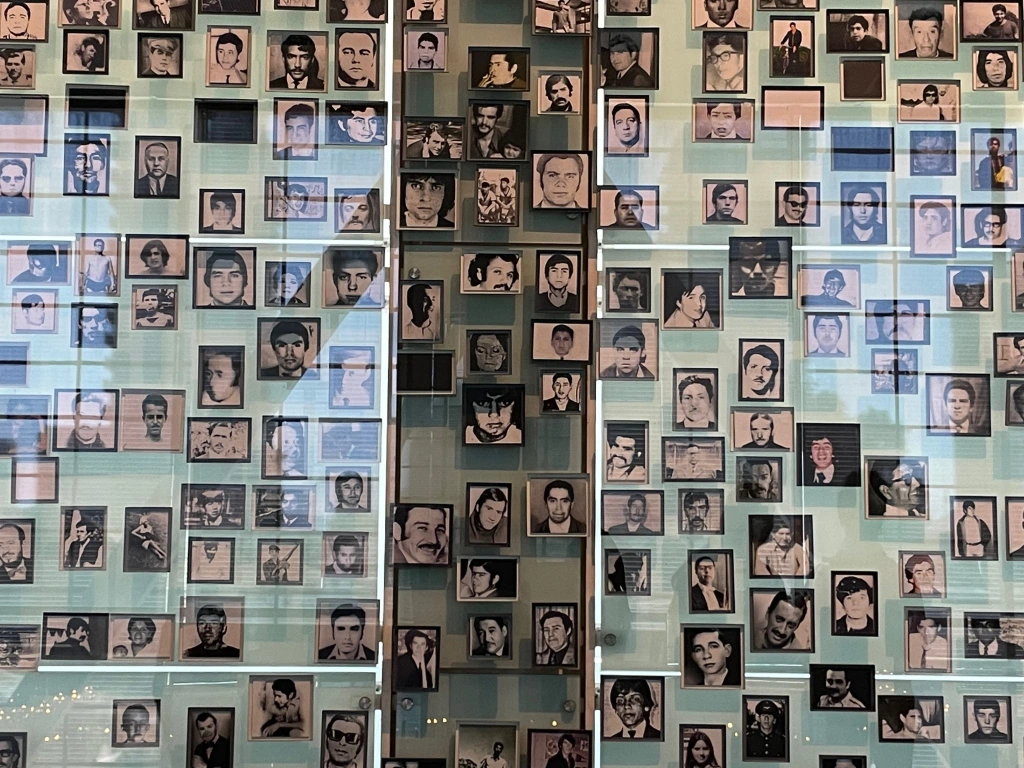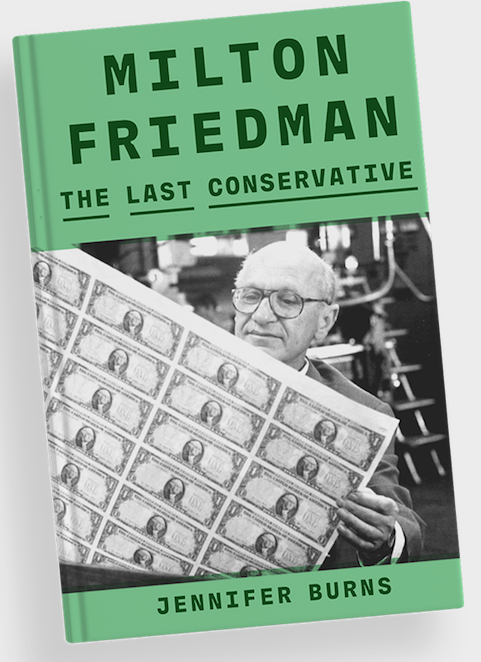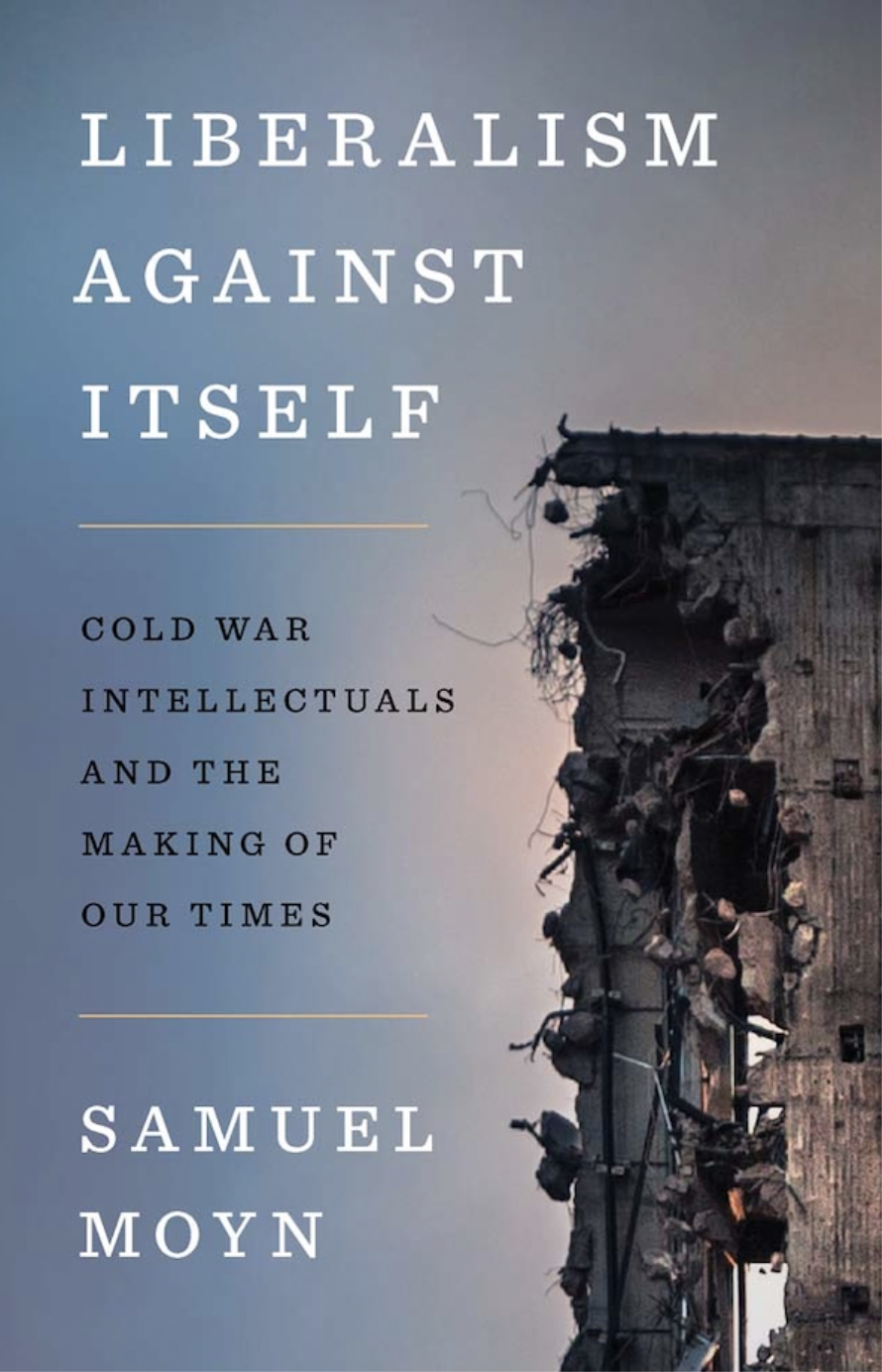This semester, rather than teaching a grad seminar based around readings, I have decided to teach it around a research concept. We are going to tackle a local archive and act as if we are writing a book about its subject together, with each final paper a potential chapter in that book. The topic is the University of Wisconsin’s Land Tenure Center, which has a fabulous and under-used archive with global significance. Here is an abridged version of the syllabus.
The Land Tenure Center
Professor Patrick Iber
Spring 2024
The University of Wisconsin’s Land Tenure Center played a key role in the debates and struggles around agrarian reform and redistribution in the 1960s and 1970s. This class will use the LTC records and files to offer grad students the opportunity to work in a history “laboratory.” We are going to use the local resources of the LTC to learn about the process of historical research and publishing. We will be working throughout the semester as if we are writing an edited volume on the LTC and land reform struggles around the world, in the context of the Cold War. (And we may actually do it!) We will consult available archival and library sources, investigate the existing historiography, conduct oral histories, and meet with a potential publisher. Students will research a country of interest, which might be the foundation for a chapter in the edited volume or part of a public exhibition. The goal here is for students to gain experience working on a research project by working on a research project. Students should be prepared for the syllabus to evolve in new directions based on our experiences in the “field.”
The primary goals of this class are to give graduate students an opportunity to
- Learn about and gain practical experience in the process and phases of historical research;
- Learn about the process of publishing and presenting historical work, through traditional and non-traditional channels;
- Critically evaluate the strengths and weakness of historical monographs;
- Practice producing research for publication in a collaborative project.
Course expectations:
Discussion/participation [30.4% of the total grade]: This course is going to be a collaborative project. A collaborative attitude is essential: we’re going to see how much we can do together.
Weekly research summaries [18.2%]: Each week we will maintain a document, like a google doc, where you will write about the work that you have done that week, for the benefit of the other people working on the project. For example, you might provide a summary of material that you examined, explaining its contents for others who haven’t done the same thing. The other people in the class are your audience.
Contribution to volume [37.3%]: By the end of the semester, you will produce an approximately 20-page paper presenting your findings about the activity of the LTC and/or the context for land reform in a particular country. We are conceiving this as an entry in an edited volume. I will aim to write the introduction.
Sketch of an exhibit/digital exhibit [13.1%]: During the semester, we will also consider other ways of presenting the material to the public. You might design a web page that summarizes your findings or plan part of a museum exhibition. We may work with the library and archives on this, or the Rebecca Blank Center for Campus History.
The odd percentages are here to remind you not to let grades interfere with your learning.
Course plan:
This plan is tentative and subject to revision throughout the semester, based on our experiences and needs as we work together on this project. Changes will be made in consultation with class members as we go.
Week 1, January 24:
Chapter from Heidi Tinsman, Partners in Conflict
Professor Tinsman is a historian who has used the LTC files in her research. As we read, let’s think about the range of things that can be done with these records.
Week 2, January 31:
Read: Jess Gilbert, Planning Democracy
Project planning.
Week 3, February 7:
Read: Tore Olsson, Agrarian Crossings
First visit to archives.
Week 4, February 14:
Matthew Levin, Cold War University
Historiographical investigations. How do we find out what we will need to discover, and what is already known by others?
Week 5, February 21:
Into the archives
Week 6, February 28:
Into the archives
Week 7, March 6:
New research
Archival research leads to need for new investigations in the secondary sources. You should read a book and an article this week that will help you establish the context for what we have found.
Week 8, March 13:
Gaps in the archive
Oral history – visit of former LTC employees [?]
We should prepare questions and documents to share with our interviewees. order to talk about their experiences.
Week 9, March 20:
Publishing material: visit of UW Press representative [?]
March 23 –March 31: SPRING BREAK
Week 10, April 3:
Public-facing material. How could we present the results of our work to the public? Come to class with a brief outline of a display, and three primary documents that would help to convey the information.
Week 11, April 10:
Working on projects
Week 12, April 17:
Working on projects
Week 13, April 24:
Compiling public-facing projects.
Week 14, May 1:
Compiling the edited volume.
Final revisions are due on May 8th by 5pm.




Leave a comment